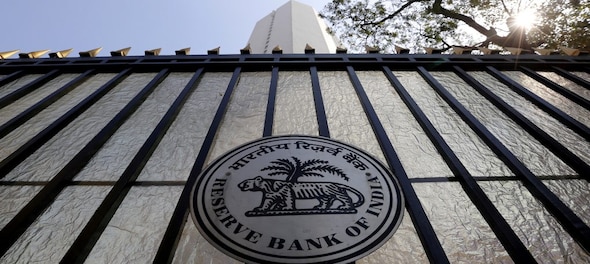
The Reserve Bank of India (RBI) has in the recent past been flexing its muscles when it comes to governance and management of private banks.
First, it went after Shikha Sharma at Axis Bank, then it was the turn of Chanda Kochhar of ICICI Bank, and recently, it was Rana Kapoor at Yes Bank who was at the receiving end.
Not to forget, the RBI also rejected the proposal of Kotak Mahindra Bank to reduce its promoter shareholding by issuance of preference shares.
New-Look Regulator
The latest in the RBI hit list is Bandhan Bank — the newest private bank in the market, which recently made a stellar debut at the stock exchange.
This is the new RBI, which after initiating a war over non-performing assets (NPAs) and forced major defaulters into bankruptcy, is now targeting management and ownership practices in private banks.
The RBI now needs to create the right incentive structures at private banks towards improving the internal governance structure of the banks.
It should be noted that three regulatory agencies — RBI, Securities and Exchange Board of India (Sebi) and ministry of corporate affairs (MCA) — have been tasked with ensuring governance at private banks.
All major private banks are also listed on stock exchanges. However, somehow each of the regulators has found it difficult to monitor governance at these banks.
For boards to effectively lead private banks, not only should they introspect their fiduciary duties towards the depositors and shareholders, but other stakeholders, such as institutional shareholders and market regulators, need to utilise their powers to ensure that ineffective or inefficient board members are shown the door and are made accountable for their failures.
Similarly, there should be a deep rethinking by the RBI. The panacea of widely held ownership that RBI is advocating needs to be questioned. Banks, which have diversified shareholding, have been the biggest affected parties on this front.
Don’t Forget The Rule of Law
Similarly, the RBI also needs to learn the rule of law so that they can come out with detailed written orders.
A written order means that its orders are subject to challenge and should be held up to objective scrutiny by a court or a tribunal.
This will make it more transparent and accountable. Today, its implementation of the reduction of ownership in private sector banks is ad hoc and free from any pattern or set time-frame.
Even the initial time period given for dilution is different for different banks. This is antithetical to a rule-based system where all are treated the same and similar entities are regulated similarly. There is much RBI needs to learn from Sebi.
Anil Choudhary is a partner at Finsec Law Advisors.
First Published: Oct 4, 2018 12:10 PM IST
Check out our in-depth Market Coverage, Business News & get real-time Stock Market Updates on CNBC-TV18. Also, Watch our channels CNBC-TV18, CNBC Awaaz and CNBC Bajar Live on-the-go!



